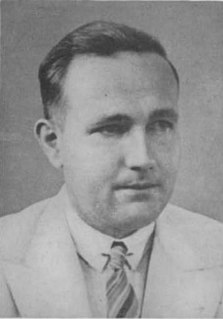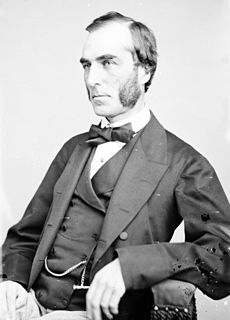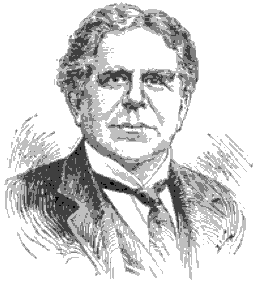A Quote by Charles Darwin
During my second year at Edinburgh [1826-27] I attended Jameson's lectures on Geology and Zoology, but they were incredible dull. The sole effect they produced on me was the determination never as long as I lived to read a book on Geology.
Related Quotes
[My Book] will endeavour to establish the principle[s] of reasoning in ... [geology]; and all my geology will come in as illustration of my views of those principles, and as evidence strengthening the system necessarily arising out of the admission of such principles, which... are neither more nor less than that no causes whatever have from the earliest time to which we can look back, to the present, ever acted, but those now acting; and that they never acted with different degrees of energy from that which they now exert.
Astronomy concerns itself with the whole of the visible universe, of which our earth forms but a relatively insignificant part; while Geology deals with that earth regarded as an individual. Astronomy is the oldest of the sciences, while Geology is one of the newest. But the two sciences have this in common, that to both are granted a magnificence of outlook, and an immensity of grasp denied to all the rest.
If catastrophic geology had at times pushed Nature to almost indecent extremes of haste, uniformitarian geology, on the other hand, had erred in the opposite direction, and pictured Nature when she was 'young and wantoned [sic] in her prime', as moving with the lame sedateness of advanced middle age. It became necessary, therefore, as Dr. [Samuel] Haughton expresses it, 'to hurry up the phenomena'.
But one type of book that practically no one likes to read is a book about the law. Books about the law are notorious for being very long, very dull, and very difficult to read. This is one reason many lawyers make heaps of money. The money is an incentive - the word "incentive" here means "an offered reward to persuade you to do something you don't want to do - to read long, dull, and difficult books.
The Bible is the Only Book That Can Make Us Wise unto Salvation. The Bible is not a book to be studied as we study geology and astronomy, merely to find out about the earth's formation and the structure of the universe; but it is a book revealing truth, designed to bring us into living union with God.
The writing process for a short story feels more like field geology, where you keep turning the thing over and over, noting its qualities in detail, hammering at it, putting it near flame, pouring different acids on it, and then finally you figure out what it is, or you just give up and mount it on a ring and have an awkward chunky piece of jewelry that seems weirdly dominating but that you for some reason like. I could be wrong about field geology here.




































